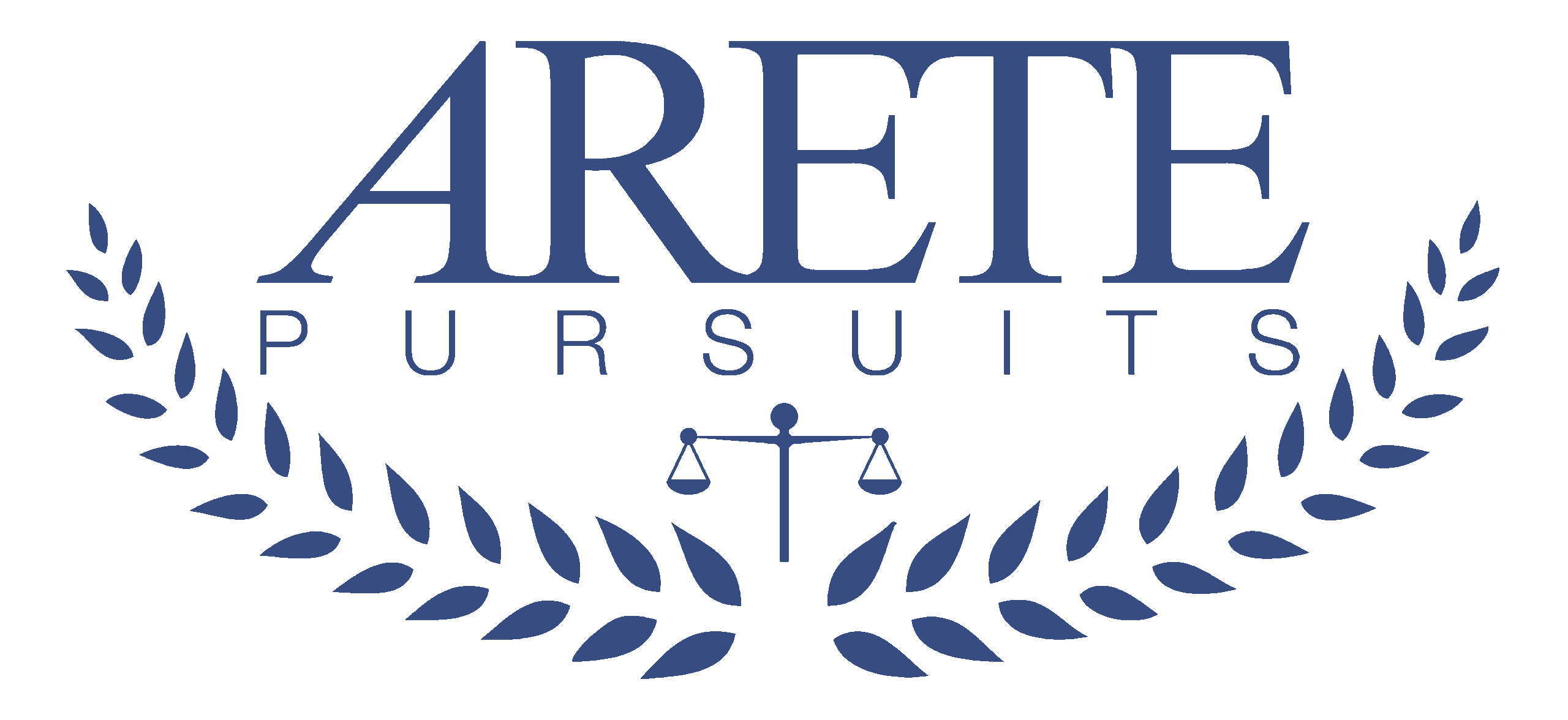Last week, Ann Betz and Ursula Pottinga, CPCC, PCC, MNTC posted this video on the importance of credentials in coaching. I must admit, the video took me by surprise. While I know there are individuals who call themselves coaches who do something I wouldn’t call “coaching,” I wasn’t aware of some of the extreme cases that they highlighted. Today, I’d like to lend my voice to theirs and talk about why coaching credentials matter.
Giving Coaching A Bad Name
When I think about people who call themselves coaches, I split them into two broad camps. 90% of the coaches I meet and interact with are the sort of people that I’d consider a proper coach. They are drawn to coaching because they are passionate about helping people learn, heal, and grow. Typically, for these people, that passion is why they coach, and while making money is necessary, it’s not what drives them. I could be making a lot more money right now doing what I used to do, but it would not be nearly as fulfilling.
The other 10% of the coaches choose the profession because they want to make a lot of money, and the “serving others” part is secondary. I have little patience for these “coaches,” who make questionable decisions when prioritizing their wealth over supporting their clients.
What I didn’t realize until I saw Ann and Ursula’s video is the increase in abuse stemming from this second group. For example, this BBC documentary shines a light on a “spiritual life coach” who engaged in cult-like behavior, exploitation, and human trafficking. And in this New York Times article, “They Spent Their Life Savings on Life Coaching,” the title says it all.
This is alarming. Thankfully, the coaching profession has structures to help protect us from this behavior through coaching education and certification.
My Experience
I launched my coaching practice at the same time I began my coaching education. I am incredibly grateful that organizations were willing to trust me as a coach before I completed my coaching education without a formal credential.
In those early days, I felt I delivered a lot of value, and yet I had so much to learn. My coaching education transformed me both personally and professionally. I remember sitting with my classmates as we came to terms with the fact that, as coaches, we were not supposed to fix people’s problems. In their early days, many coaches think they should be doing that.
As part of coaching education, we work with a mentor coach. They review recordings of our coaching conversations and offer feedback, assessing us against the coaching criteria required to obtain an International Coaching Federation (ICF) certification. I still remember the sting of the session with my mentor coach in one of our first debriefs, as he told me, “That was a great consultative coaching session.” Translation – that was consulting, not coaching. He assured me I was right where he expected me to be at this stage of my journey. With his mentoring, I refined my practice, engaging in neuroplasticity and building new neural pathways to get the “consultant” out of my coaching.
I’m proud to be a Professional Certified Coach (PCC) with the ICF. I wear that credential as a badge of honor. It means I’ve gone through a formal, accredited coaching program, delivered over 500 coaching hours (1,300 and counting), and demonstrated PCC-level mastery of the ICF’s coaching competencies. It makes me think of looking for the “Organic” badge on food at the grocery store.
Where I find it matters most is with my clients. The most important aspect of a coaching relationship is creating a safe, high-trust space. I have had clients express concerns that I won’t maintain confidentiality. They fear that what they say may get back to their boss or HR. Perhaps most disturbingly, I’ve had clients express that concern because they had a previous coach who did just that.
As an ICF-certified coach, I’m bound to protect that confidentiality through their code of ethics. If I betray that confidentiality, the client has recourse with the ICF. That recourse helps to reassure the client and create an effective space for growth. I’ve had numerous conversations where I watched relief wash over the coachee’s face as they realized they could count on me to maintain their confidentiality.
I have also occasionally seen a very different expression wash over the face of a coachee’s supervisor as I remind them I cannot share anything from our conversations due to that same confidentiality. They need to talk to the coachee directly if they want to know how the coaching is going.
Selecting a Coach
If you are looking for a coach, please do your due diligence. Ask them about their coaching education. What program did they go through, how involved was it, and what did they learn? Ask them about their coaching credentials. Are they certified by a well-known organization like the ICF? If there are gaps, consider looking for a credentialed coach unless you have solid references or other resources to support your choice.
For an example of what you might cover in an initial discussion with a potential coach, review my Coaching Discovery post.
Becoming a Coach
If you are considering a career as a coach, or if you are one and haven’t completed a formal coaching program, please consider an educational path that leads to a formal coaching credential. I have helped numerous coaches along the certification path, and I’m happy to talk with you if I can support your journey in any way.
I am an executive coach and life coach with software executive roots in higher education and EdTech. I coach because I love to help others accelerate their growth as leaders and humans. I frequently write about #management, #leadership, #coaching, #neuroscience, and #arete.
If you would like to learn more, schedule time with me.
Want to comment? Join the conversation on LinkedIn.

